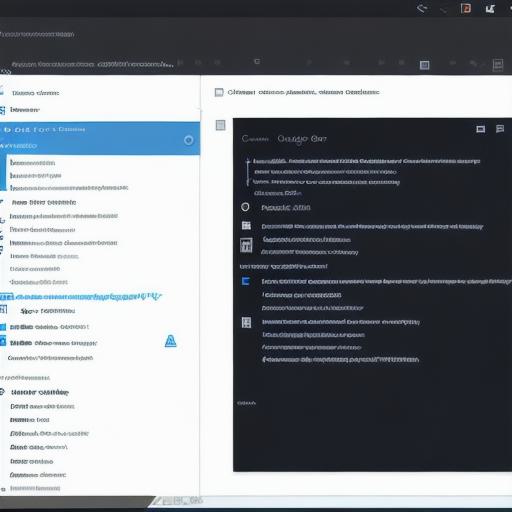The Top 10 Web Development Reviews for 2023
Introduction
As a web developer, it’s crucial to stay up-to-date with the latest tools and technologies. That’s why we’ve compiled this list of the top 10 web development reviews for 2023. Whether you’re a beginner or an experienced developer, these reviews will help you make informed decisions about which tools to use in your projects.

1. Visual Studio Code
Visual Studio Code is a popular code editor that’s used by developers of all skill levels. With its sleek interface and powerful features, it’s no wonder that it’s one of the most highly reviewed web development tools out there. Some of its key features include syntax highlighting, debugging, and extensions that allow you to customize your coding experience.
2. Bootstrap
Bootstrap is a free and open-source front-end framework that’s used by developers to create responsive websites quickly and easily. With its extensive library of pre-built components, it makes it easy to create professional-looking websites without having to write a lot of code from scratch. Some of the features that make Bootstrap stand out include its grid system, typography, and customizable templates.
3. React
React is a JavaScript library that’s used for building user interfaces. It’s highly versatile and can be used for both web and mobile applications. With its component-based architecture and virtual DOM, it makes it easy to build fast and efficient user interfaces. Some of the key benefits of using React include its performance, flexibility, and scalability.
4. Node.js
Node.js is an open-source runtime environment that’s used for executing JavaScript code outside of a web browser. With its event-driven architecture and non-blocking I/O model, it makes it easy to build fast and scalable web applications. Some of the key benefits of using Node.js include its performance, scalability, and versatility.
5. Docker
Docker is a containerization platform that’s used for building, shipping, and running applications in containers. With its ability to abstract away infrastructure and provide a consistent runtime environment across different environments, it makes it easy to deploy and manage applications. Some of the key benefits of using Docker include its portability, scalability, and automation.
6. Angular
Angular is a full-featured JavaScript framework that’s used for building dynamic web applications. With its two-way data binding, dependency injection, and component-based architecture, it makes it easy to build complex and feature-rich web applications. Some of the key benefits of using Angular include its performance, scalability, and flexibility.
7. Git
Git is a distributed version control system that’s used for managing code changes in collaborative projects. With its ability to track changes, merge branches, and roll back changes easily, it makes it easy to manage code changes with teams of developers. Some of the key benefits of using Git include its collaboration, scalability, and flexibility.
8. Vue.js
Vue.js is a progressive JavaScript framework that’s used for building user interfaces. With its simplicity, flexibility, and ease of use, it makes it easy to build web applications quickly and efficiently. Some of the key benefits of using Vue.js include its performance, scalability, and flexibility.
9. jQuery
jQuery is a popular JavaScript library that’s used for manipulating the Document Object Model (DOM) and handling events in web applications. With its extensive library of methods and plugins, it makes it easy to build dynamic and interactive websites quickly and easily. Some of the key benefits of using jQuery include its ease of use, compatibility, and extensibility.
